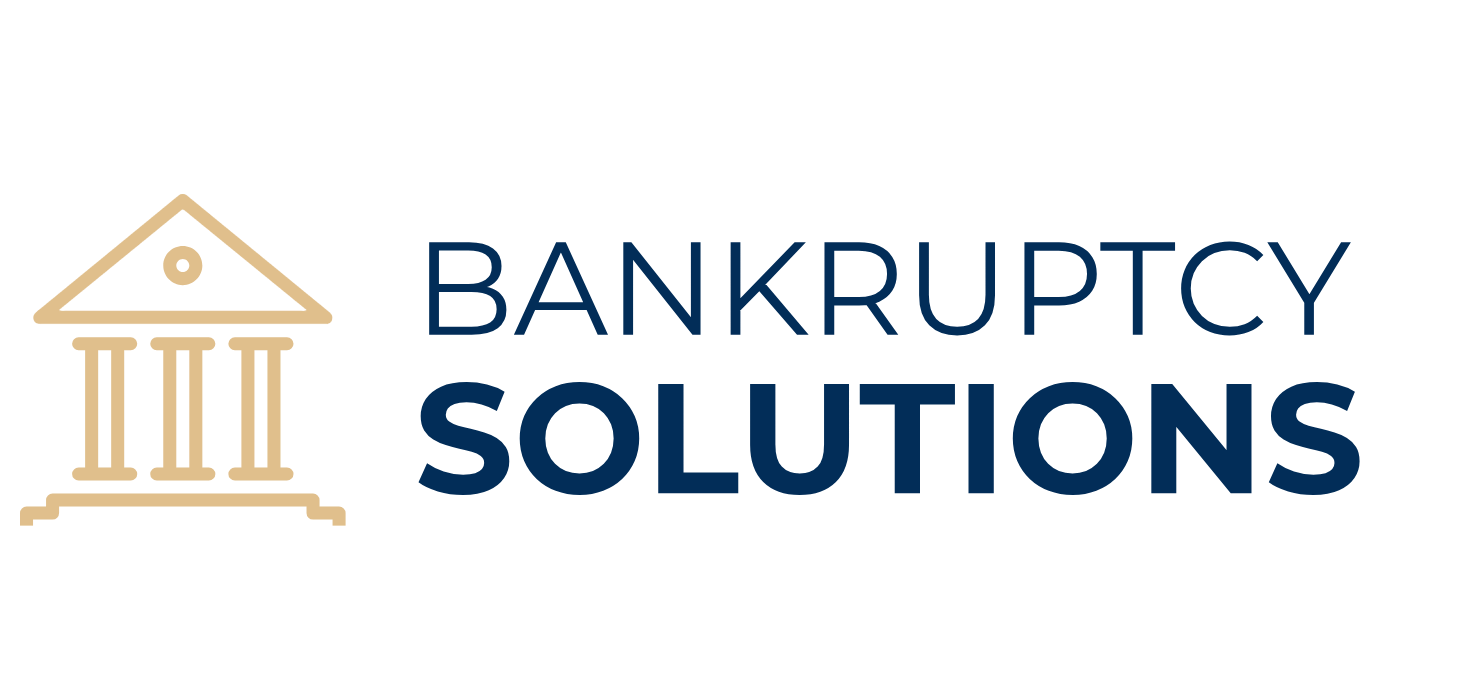What Is a Refinance?
Refinancing is a multifaceted financial maneuver designed to ease the burden of existing debts or improve loan terms. In essence, it involves acquiring a new loan to settle an existing one, often with the intention of obtaining better interest rates, more manageable repayment schedules, or even accessing additional funds. This strategic financial tool allows borrowers to gain control over their financial obligations and pave the way for a more stable monetary future.
What Does It Mean to Refinance a Payday Loan?
Refinancing a payday loan signifies entering into a new borrowing arrangement specifically aimed at paying off the existing payday debt. This process is akin to hitting the reset button on your financial obligations.
By refinancing, borrowers can negotiate new terms, potentially leading to reduced interest rates or an extended repayment period. This can provide much-needed breathing space, transforming an overwhelming financial obligation into a more manageable, structured plan.
When Can You Refinance a Payday Loan?
Refinancing options usually become available after the initial payday loan term concludes. Borrowers can explore this avenue when they find it challenging to meet the strict terms and high-interest rates associated with payday loans. It’s a lifeline for those caught in the cycle of unending debt, providing a chance to restructure finances and regain control over their economic well-being.
How to Refinance a Payday Loan?
Refinancing a payday loan involves several steps. First, research and identify reputable lenders offering payday loan refinancing services. Compare their terms, interest rates, and repayment options. Once you select a suitable lender, complete their application process, which typically includes providing financial details and proof of income. Upon approval, the new loan amount is disbursed, allowing you to settle the old payday loan and potentially receive extra funds for emergencies or essential expenses.
What Happens When You Refinance a Payday Loan?
Refinancing initiates a financial reset. The new loan funds are used to clear the existing payday loan. This not only settles the immediate debt but also introduces new terms. Typically, the refinanced loan comes with a new interest rate, repayment period, and sometimes even additional borrowing capacity. The old payday loan is effectively paid off, and you begin repaying the refinanced loan as per the agreed-upon schedule.
When to Refinance a Payday Loan?
Refinancing should be a strategic move, utilized when the current payday loan terms are proving unmanageable. This could be due to high-interest rates, short repayment periods, or other financial constraints. Refinancing becomes a prudent choice when it offers a chance to restructure debts, potentially secure lower interest rates, and create a more feasible repayment plan. It’s a tool to alleviate immediate financial stress and pave the way for a more stable future.
Benefits of Payday Loan Refinance
- Lower Interest Rates: Refinanced loans typically offer lower interest rates, reducing the overall cost of borrowing. This translates into more manageable monthly payments, easing the financial strain on borrowers.
- Extended Repayment Period: One of the significant benefits of refinancing is the potential for an extended repayment period. This elongated timeline provides breathing room, allowing borrowers to meet their financial obligations without undue pressure.
- Improved Financial Management: With refinanced payday loans, borrowers gain the opportunity for better financial planning. The structured repayment schedules enable individuals to budget effectively, ensuring timely payments and fostering improved financial health.
- Potential Access to Additional Funds: Depending on the lender and individual circumstances, refinancing can sometimes provide access to extra funds beyond the outstanding payday loan amount. This can be invaluable for addressing emergencies or essential expenses, preventing further financial crises.
Do You Get Money When You Refinance a Loan?
Yes, when you refinance a payday loan, you receive the new loan amount after the existing payday loan is settled. This surplus amount, if available, can be used at your discretion. While it’s crucial to exercise financial prudence, this extra money can serve as a safety net, helping you cover urgent expenses or build a financial cushion for the future.
When Do Payday Loans Go to Collections?
Payday loans typically go to collections when borrowers default on payments. Lenders, or sometimes third-party collection agencies, initiate collection proceedings to recover outstanding debts. This can adversely affect credit scores and lead to increased financial stress for borrowers. It underscores the importance of timely repayments and responsible financial management.
Which Payday Loan Gives the Most Money?
The maximum amount you can borrow from a payday loan varies widely based on state regulations and the specific lender’s policies. It’s imperative to research local laws and thoroughly compare lenders to find one offering a loan amount that suits your financial needs. While payday loans can offer quick financial relief, responsible borrowing within your means is paramount to avoid falling into a cycle of debt.
Why Would a Bank Refinance a Loan?
Banks opt to refinance loans for various reasons, primarily to support their clients in managing debt effectively. Refinancing allows borrowers to negotiate more favorable terms, including reduced interest rates, longer repayment periods, or even changing the loan type. Banks recognize that evolving financial circumstances may necessitate adjustments to loan agreements, fostering long-term relationships with clients and ensuring customer satisfaction.
In conclusion, payday loan refinancing emerges as a strategic tool for individuals navigating the intricate terrain of immediate financial obligations. Understanding the process, weighing the benefits, and selecting reputable lenders are pivotal in ensuring that refinancing serves as a stepping stone toward financial stability. It’s not merely a transaction but a transformative financial decision, offering a chance to regain control, alleviate stress, and pave the way for a more secure and stable financial future.

